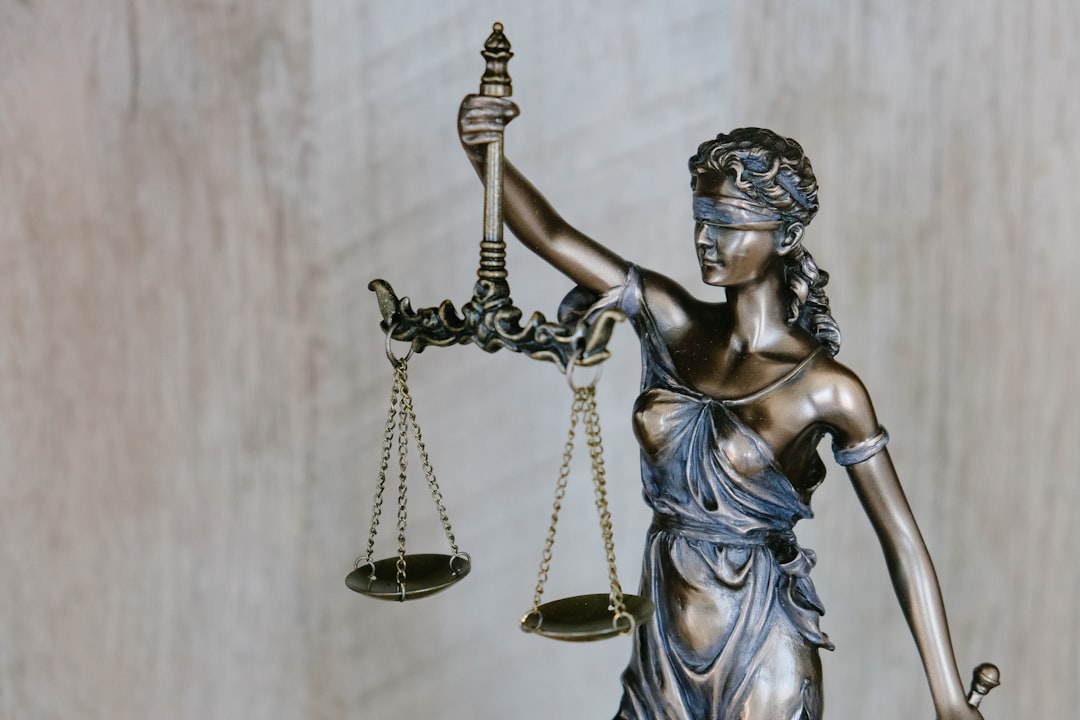Mississippi's specific sexual assault laws and knowledgeable attorneys empower teens to recognize, report, and seek justice. Safe spaces created through school, community, and family collaboration normalize conversations about consent and boundaries. Teens can access tailored resources like counseling, advocacy, and legal aid from specialized organizations, including sexual assault attorneys Mississippi, for comprehensive support and healing.
Educating teenagers about sexual assault is paramount in fostering a safe and supportive environment, especially in Mississippi. This comprehensive guide aims to empower teens with knowledge and resources, addressing a critical aspect of their well-being. We explore the legal framework surrounding sexual assault in Mississippi, emphasizing the importance of understanding one’s rights. Furthermore, we provide strategies for creating safe spaces, encouraging open dialogue, and offer valuable resources for teen victims/survivors, including support from sexual assault attorneys in Mississippi.
Understanding Sexual Assault Laws in Mississippi

In Mississippi, understanding the laws surrounding sexual assault is paramount for both teens and their advocates. Knowledge of these laws can empower teens to recognize and report instances of sexual abuse, as well as guide them in seeking justice. Mississippi has specific statutes that define and penalize various forms of sexual assault, including rape, sexual battery, and fondling. These laws also address the rights of victims, such as the right to privacy, confidentiality, and protection from retaliation. Familiarizing teens with these legal protections is crucial, as it can encourage them to come forward without fear of consequences.
When discussing sexual assault with teens, it’s essential to bring up the role of sexual assault attorneys in Mississippi. These legal professionals specialize in handling cases involving sexual abuse and can provide vital support to victims. Attorneys can guide individuals through the legal process, ensuring their rights are protected, and helping them navigate the potential complexities of a case. By understanding both the legal framework and the resources available, teens in Mississippi can take proactive steps toward safety and justice when faced with sexual assault.
Creating Safe Spaces for Open Conversations

Creating safe spaces is paramount when educating teens about sexual assault in Mississippi. Schools, communities, and families must work together to establish environments where young people feel comfortable discussing sensitive topics openly and honestly. This can be achieved by fostering a culture of trust and empathy, ensuring confidentiality, and providing accessible resources. Involving sexual assault attorneys Mississippi can also help; they often collaborate with educational institutions to implement effective programs that raise awareness and offer support.
By implementing peer-led discussions, workshops, or training sessions, teens can learn from one another’s experiences in a supportive setting. Additionally, having trained professionals, including counselors and legal experts, available to answer questions and provide guidance creates a safe haven for vulnerable individuals. Regular conversations about consent, boundaries, and the impact of sexual assault are crucial steps towards normalizing these discussions and empowering teens to protect themselves and support peers.
Resources and Support for Teen Victims/Survivors

In Mississippi, teens who have experienced sexual assault can find support through various resources tailored to their needs. Many organizations offer confidential services, including counseling, advocacy, and legal aid. These groups are dedicated to empowering survivors and helping them navigate the complexities of the justice system. Local sexual assault attorneys in Mississippi play a vital role by providing specialized legal counsel, ensuring victims’ rights are protected, and guiding them through potential legal proceedings.
Additionally, teen-specific support networks offer safe spaces for sharing experiences, fostering peer-to-peer understanding, and promoting healing. These initiatives recognize the unique challenges teens face when dealing with sexual assault, aiming to reduce stigma and encourage reporting while ensuring survivors receive the comprehensive assistance they deserve.





